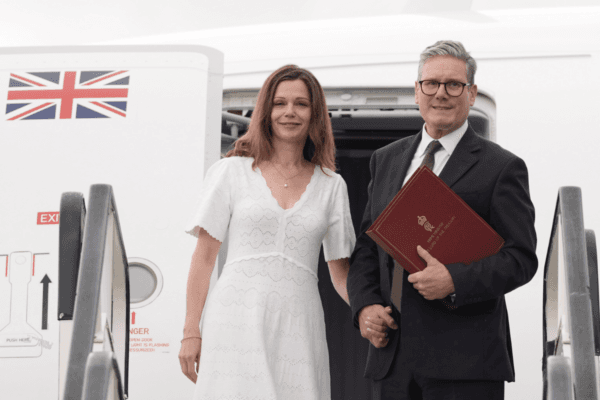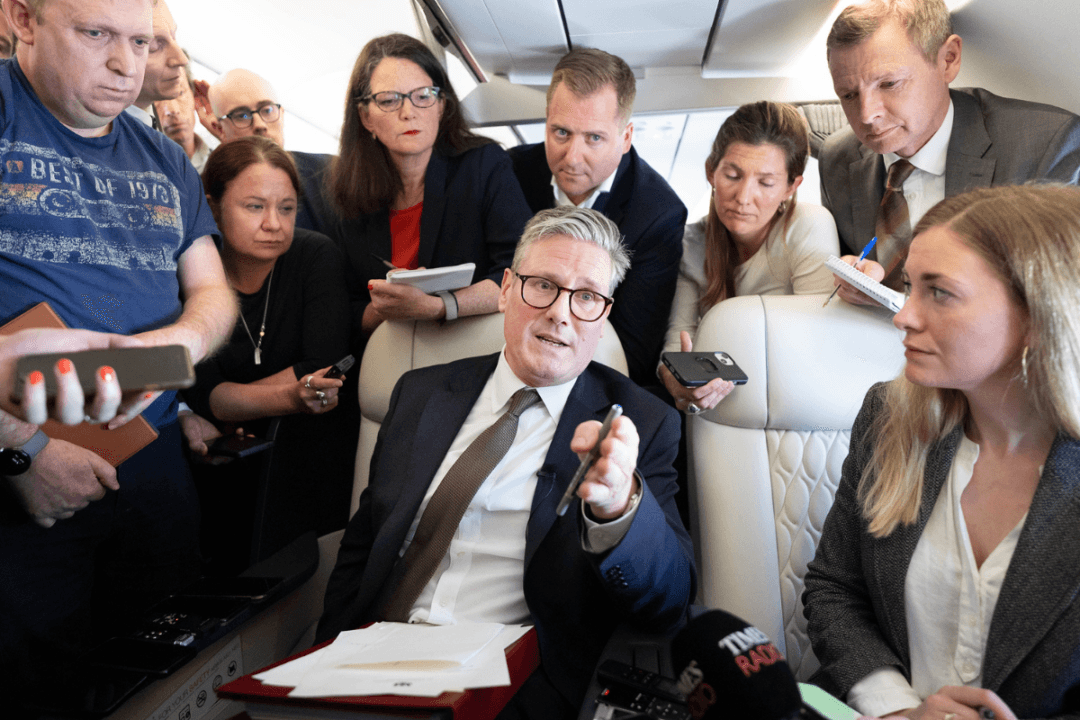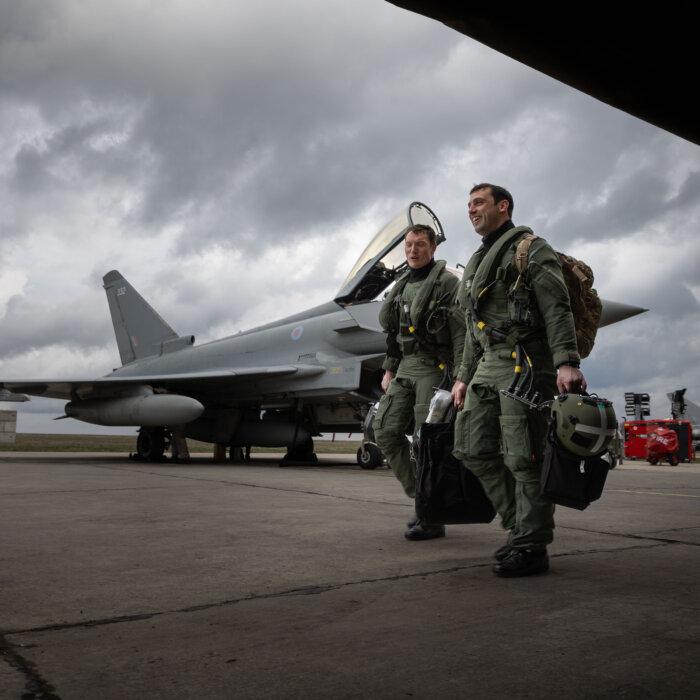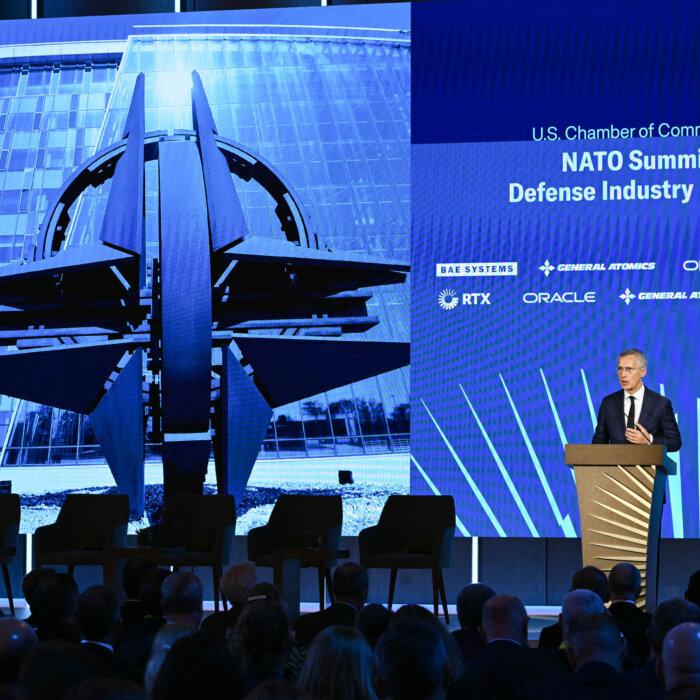Prime Minister Sir Keir Starmer declined to commit to a timeline for when the UK will reach his government’s “cast iron” pledge to raise defence spending to 2.5 percent of GDP.
“We are committed to the 2.5 percent, as I have said before the election and I say again after the election. That is obviously subject to our fiscal rules, but the commitment is there,” he said.
Ahead of his trip, the government reaffirmed the UK’s “cast iron commitment” to spending 2.5 percent of GDP on defence.
‘Root-and-Branch’ Defence Review
Sir Keir said that decisions on how the target will be met will follow analysis of the UK’s security and defence capabilities.The prime minister announced he had ordered a “root-and-branch” Strategic Defence Review, which will be overseen by Defence Secretary John Healey.
He confirmed on Tuesday: “The strategic review will take place, that will happen next week, and we will set out the details of that.
“The manifesto commitment was that it would take place within a year, I would like it to be quicker than that if I’m honest and we’ll set out the details about how we are going to do it.”
Military ‘Hollowed Out’
The review will include developing a new defence industrial strategy and examining the shape of the armed forces—including their readiness to engage in combat.The “hollowing out” of the military since 2010 had undermined the country’s warfighting resilience, the committee’s inquiry heard, warning that the armed forces would exhaust their capabilities “after the first couple of months of the engagement” in a peer-on-peer war.

NATO Allies
The prime minister, foreign secretary, and defence secretary are in Washington to join NATO leaders in marking the alliance’s 75th anniversary.The defence union had agreed to a goal of spending 2 percent on defence in 2014 after Russia annexed Crimea and in response to rising instability in the Middle East.
For a number of years some members have fallen short of the target, prompting criticism from former President Donald Trump during his tenure that they had become over-reliant on big spenders like the United States.
Mr. Stoltenberg said in a speech delivered on Tuesday: “The language in the declaration we agreed 10 years ago was that we should strive towards reaching 2% of GDP for defence. And that has made a big difference.
“Now we have changed that language to say that 2% is a minimum. So 2% is no longer some kind of ceiling but 2% is now the floor for our defence spending. So we’re not complacent, it’s not good enough what we do now, so we will do more.”







